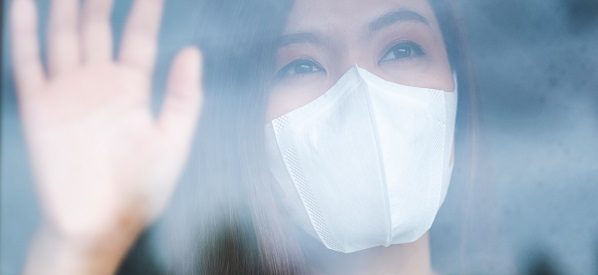The Not So Social Life: The Effect of COVID on Social Wellness
By Joy Golden, LCSW | Manager Behavioral Health
Over the past two years, we have been asked to stay home, quarantine, socially distance, and more to reduce the spread of COVID. This change in our normal behavior has lasted a long time. It has also caused a very real and serious change to normal life and relationships by not going to school or work, or socially interacting with friends and family.
While good for managing the COVID spread, these changes caused emotional stress for many people.
How COVID Impacted Us Socially
Did you know your schedules and routines – whether fun or not – help us feel safe? Starting as babies, people rely on predictable schedules, continuing throughout school, work, and life in general. In these routine activities, you meet, talk to, and work with many people. Those everyday interactions are essential to our health and emotional development.
Social distancing was hard for most people at first because it wasn’t “normal” for us. Then, as we began to accept this behavior as the new normal, COVID risk decreased, and society began to relax restrictions moving back toward the old normal.
Now with COVID infections on the rise again, society is seemingly toggling between open and closed. This back and forth does not support the normal daily schedule or feeling of safety and disrupts exposure to important relationships.
What To Do If You’re Struggling
Start by acknowledging this emotional tug of war and monitor your mental health as you continue to navigate the pandemic. One of NOAH’s providers wrote an article about Social Anxiety with helpful tools to help understand some of your feelings.
According to the American Medical Association, symptoms of emotional stress can include:
- Feeling powerless
- Low motivation
- Feeling tired or burned out
- Sadness
- Poor concentration
- Insomnia
- Anxiety
Ways to maintain or improve your social wellness:
- Get fresh air and enjoy the outdoors, don’t stay inside.
- Limit social media.
- Use video calling apps for regular check-ins with family and friends or get creative with virtual game nights and happy hours.
- Find a support person you feel safe talking about your feelings and challenges with. Verbalizing your feelings helps get them out in the open and not stuck inside your head.
- Slowly introduce more social exposure at parks or outside restaurants.
- Smile and talk to the cashier at the grocery store, you neighbor walking by, or another person in your day-to-day interactions.
If you or you or someone you know is struggling with social wellness, NOAH behavior health specialists are here to help talk with you, diagnose any illnesses, and help you as you work through these challenges.





